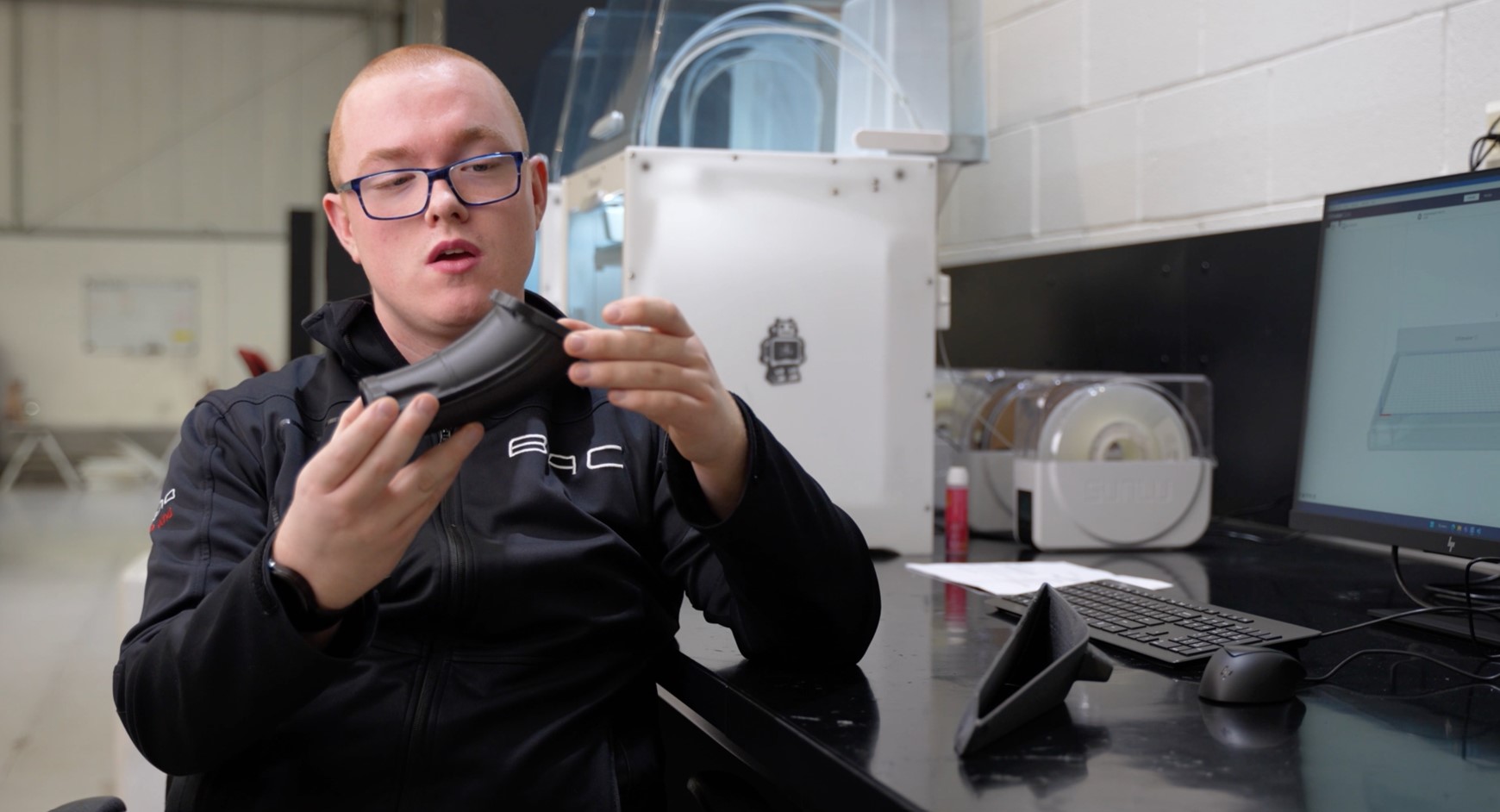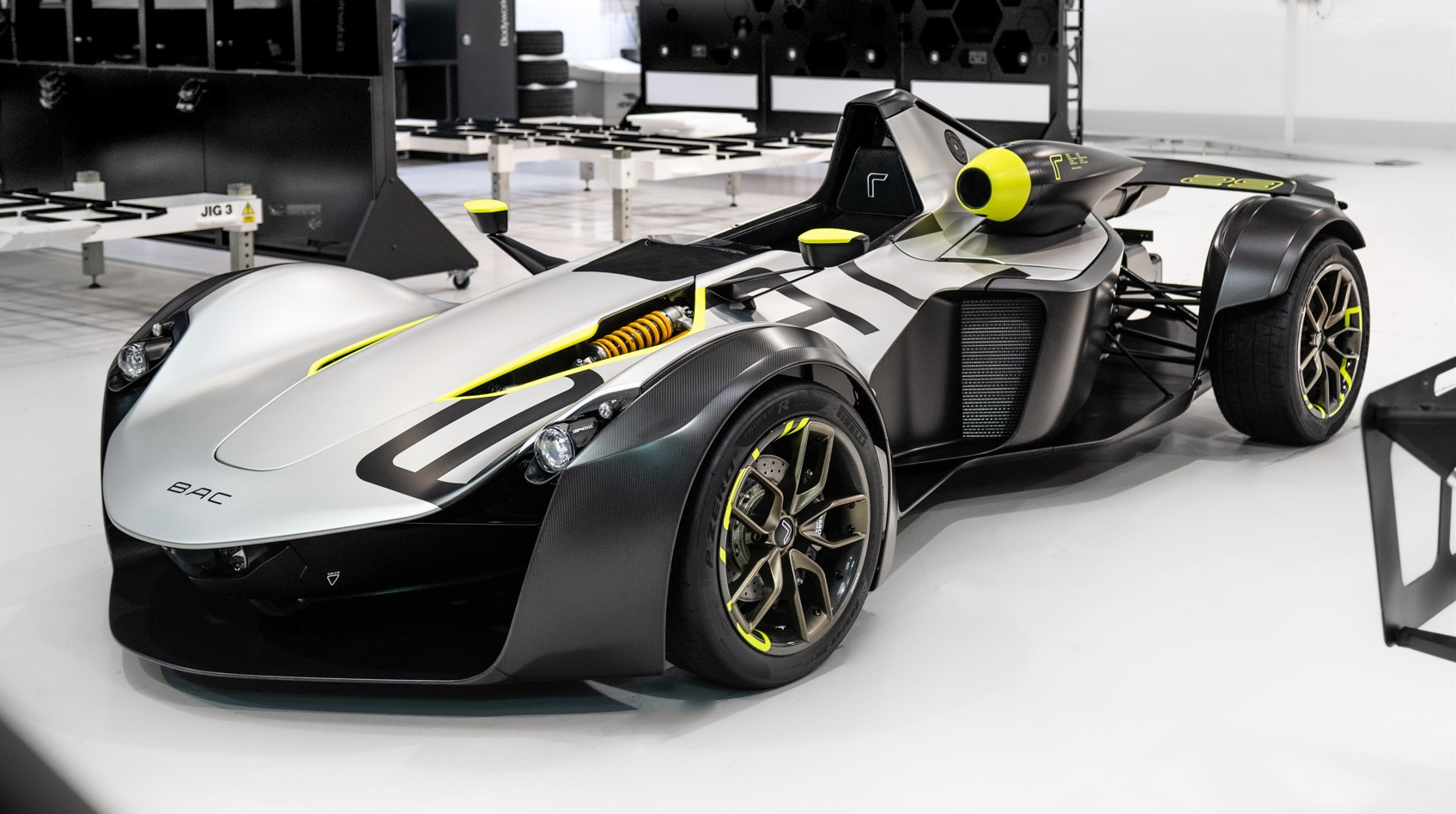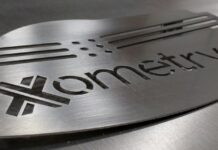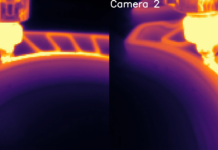Briggs Automotive Company (BAC) is a British supercar manufacturer we discovered four years ago when it was exploring the use of Stratasys FDM 3D printing technology for the production of prototypes. The company has made headlines with its single-seater supercar—the BAC Mono that it has been improving over time.
These improvements required the automotive company to use different technologies within its production environment.
“In the early days when 3D printing was referred to as rapid prototyping, we didn’t really understand the implications as production parts,” said Ian Briggs, design director and co-founder of BAC. “But now over 44 different parts of the car are 3D printed now—structural engine components, wing mirror supports, light surrounds. We’ve really embraced 3D printing and the design freedom it’s given us. The UltiMaker ecosystem allows us to bring all the different aspects of our production together to be constantly optimized and stored in one location.”
The BAC team currently uses the UltiMaker 3D printing ecosystem to produce and test multiple design iterations, incorporating customer feedback or making refinements based on functional requirements. This iterative approach enables the creation of highly customizable parts that are optimized for performance, ergonomics, and aesthetics. Having on-demand access to UltiMaker printers allow BAC to produce parts as needed, reducing the need for large inventories of pre-manufactured components, one learns.
Utilizing the UltiMaker Digital Factory, BAC can centralize and streamline its 3D printing operations, from managing design iterations and print preparation to printing and post-processing. Digital Factory allows the team to store their digital files, along with associated printing parameters, settings, and material specifications, ensuring that consistency and repeatability are maintained across multiple printing instances. With remote access, they can check and control the printers on their production line that operate on-demand 24hrs a day.
“The UltiMaker Digital Factory has made it possible to improve manufacturing processes for prototyping for production parts on BAC,” said Thomas Tunstall, bodywork technician and 3D printing operator at BAC. “For example, I can pre-slice print jobs and save them to the digital warehouse, which saves me a lot of time for future prints. Digital Factory also allows us to integrate the printers with our software, which allows me to remotely manage the printers, projects, and teams.”

As far as materials are concerned, the team selected Addigy materials for all 3D printed parts on the Mono R, including nylon carbon fiber for parts that require strong structural properties, such as the mirror arms which support wing mirrors and take a lot of force and the inlet runners from the air box.
Each Mono R vehicle is individually tailored to the customers’ specifications. For example, the seat is molded to the driver, the steering wheel grips are molded to the driver, the color scheme of the car is chosen and even the race suits are made to measure. Everything is custom and 3D printing allows BAC to print many of the parts on the BAC Mono R. Customers can even add their initials and car numbers directly onto the car and for the key fob, a press release states.
Remember, you can post job opportunities in the AM Industry on 3D ADEPT Media free of charge or look for a job via our job board. Make sure to follow us on our social networks and subscribe to our weekly newsletter : Facebook, Twitter, LinkedIn & Instagram ! If you want to be featured in the next issue of our digital magazine or if you hear a story that needs to be heard, make sure to send it to contact@3dadept.com






